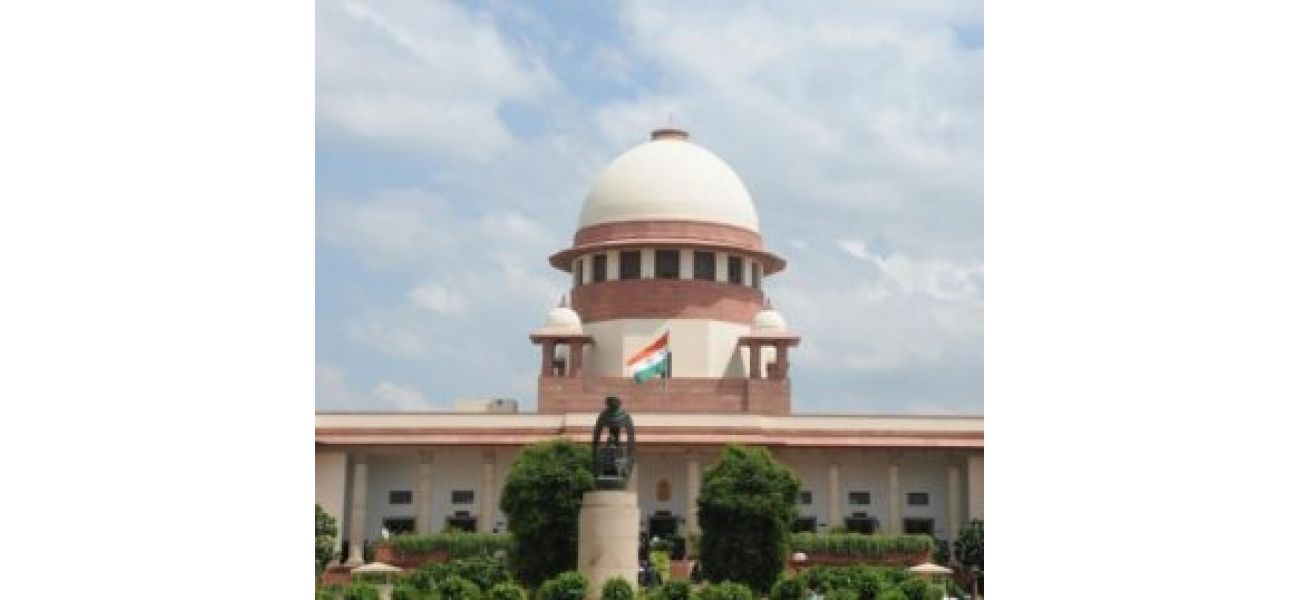Supreme Court declares property rights as a constitutional right.
The Supreme Court in New Delhi has ruled that the right to property is a constitutional right and cannot be taken away without fair compensation.
January 3rd 2025.

In a recent ruling, the Supreme Court of India emphasized the importance of the right to property as a constitutional and human right. While it is no longer considered a fundamental right, it still holds significant weight in a welfare state and is protected under Article 300-A of the Constitution. This article states that no individual shall be deprived of their property without proper compensation and due process.
The case in question involved a dispute over land acquisition for the Bengaluru-Mysuru Infrastructure Corridor Project. The court noted that the landowners, who were the appellants, had been fighting for their rights for over two decades. They had been denied any compensation for their land, despite multiple attempts to seek justice through the legal system. The court also acknowledged that the delay in receiving compensation was not due to any fault on the part of the appellants, but rather the negligence of state officials.
The court recognized the injustice of the situation and exercised its powers under Article 142 of the Constitution to intervene. It directed the Special Land Acquisition Officer to determine the compensation for the land based on the market value as of April 22, 2019. This decision was made to ensure that the appellants were not cheated out of their rightful compensation and to uphold the integrity of Article 300-A.
The court also acknowledged the financial impact of the delay in receiving compensation for the landowners. It stated that over the course of 22 years, the value of money decreases due to inflation. Therefore, it was imperative to determine the compensation based on the current market value to ensure that the appellants received their fair share.
The court's decision was aimed at providing justice to the landowners and holding the state accountable for their actions. It also emphasized the importance of upholding constitutional rights, even if they are not considered fundamental. The ruling also allows for parties to challenge the compensation award if they are not satisfied with it.
In conclusion, the Supreme Court's ruling in this case serves as a reminder of the significance of the right to property and the responsibility of the state to protect it. It also showcases the court's commitment to ensuring justice for all individuals, regardless of their social or economic status.
The case in question involved a dispute over land acquisition for the Bengaluru-Mysuru Infrastructure Corridor Project. The court noted that the landowners, who were the appellants, had been fighting for their rights for over two decades. They had been denied any compensation for their land, despite multiple attempts to seek justice through the legal system. The court also acknowledged that the delay in receiving compensation was not due to any fault on the part of the appellants, but rather the negligence of state officials.
The court recognized the injustice of the situation and exercised its powers under Article 142 of the Constitution to intervene. It directed the Special Land Acquisition Officer to determine the compensation for the land based on the market value as of April 22, 2019. This decision was made to ensure that the appellants were not cheated out of their rightful compensation and to uphold the integrity of Article 300-A.
The court also acknowledged the financial impact of the delay in receiving compensation for the landowners. It stated that over the course of 22 years, the value of money decreases due to inflation. Therefore, it was imperative to determine the compensation based on the current market value to ensure that the appellants received their fair share.
The court's decision was aimed at providing justice to the landowners and holding the state accountable for their actions. It also emphasized the importance of upholding constitutional rights, even if they are not considered fundamental. The ruling also allows for parties to challenge the compensation award if they are not satisfied with it.
In conclusion, the Supreme Court's ruling in this case serves as a reminder of the significance of the right to property and the responsibility of the state to protect it. It also showcases the court's commitment to ensuring justice for all individuals, regardless of their social or economic status.
[This article has been trending online recently and has been generated with AI. Your feed is customized.]
[Generative AI is experimental.]
0
0
Submit Comment





